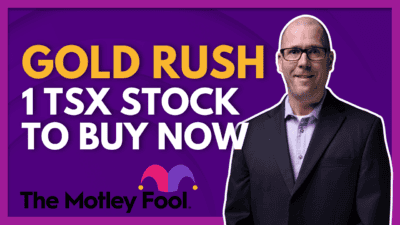United States commerce secretary Wilbur Ross announced on February 16 that he had laid out a range of options for President Trump that proposed imposing tariffs and other restrictions on imports of steel and aluminum. The proposal comes in the wake of seemingly improving conditions in the ongoing NAFTA negotiations in spite of pessimism in January from Canadian officials and even CEO David McKay at Royal Bank of Canada.
The prime target in the proposal appeared to be China, with the proposal declaring that trade as it stands could represent a national security threat. Section 232 of the 1962 Trade Expansion Act grants the president power to impose restrictions on imports without congressional approval if deemed in the interest of “national security.” In the statement, the Commerce Department declared that the influx of foreign metals could threaten the viability of U.S. manufacturers that provide goods for the military. Ross recommended a 24% tariff on steel imports and 7% on aluminum imports.
President Trump will have until April to make a final decision.
Canada is the largest exporter of steel and aluminum to the United States. Should this development inspire significant worry for Canadian steel and aluminum exporters? Let’s look at two companies that could be affected as investors anxiously await the decision in April.
Stelco Holdings Inc. (TSX:STLC)
Stelco is a Hamilton-based steel company that made its debut on the TSX on November 3, 2017. Hamilton, which produces 60% of Canadian steel, would see significant damage done to its business if one of the harsher proposals was adopted. Business leaders worked quickly to lobby the federal government. Keanin Loomis, Hamilton Chamber of Commerce president, said business leaders are “very concerned about these developments.”
Stelco stock rose 4.88% on February 20. The company is set to release its earnings today, after markets close. Shares have surged 49% since its initial public offering, which was priced at $17 per share. Stelco has been a nice comeback story following a bankruptcy in 2007, but the rising tide of protectionism has resulted in some anxiety from Canadian industries.
In the third quarter, Stelco saw revenue jump 16% to $1.15 billion in the first nine months of 2017, and adjusted EBITDA soared 116% to $147 million.
Exco Technologies Limited (TSX:XTC)
Exco is a Markham-based designer, developer, and manufacturer of components and aluminum-extrusion products for the automotive industry. Exco stock has declined 6.5% in 2018 as of close on February 20. The company released its first-quarter results on January 31.
Sales fell to $134.9 million from $153.1 million in fiscal Q1 2017, while net income also dropped to $8.9 million from $11.5 million in the prior year. Exco leadership has reaffirmed its confidence that it will see broad improvement in its 2018 business. The company also declared a quarterly dividend of $0.09 per share, representing a 3.6% dividend yield.
Should Canadian companies be worried?
In his proposal, Wilbur Ross suggested a “surgical approach” that would see a 53% levy on steel from a list of 12 countries including China, Russia, India, and South Korea. There would be an exemption for close allies like Canada, Germany, and Japan. Leo Gerard, the Ontario-born president of the United Steelworkers union and an associate of Ross, suggested that Canada should not be concerned. Gerard testified in the government report that Canada should be exempted from any action in the steel and aluminum sectors.
This should encourage Canadian investors and business leaders alike. More than anything, this move represents a pivot against what the Trump administration considers to be an unbalanced trade environment with its East Asian rivals, namely China.






